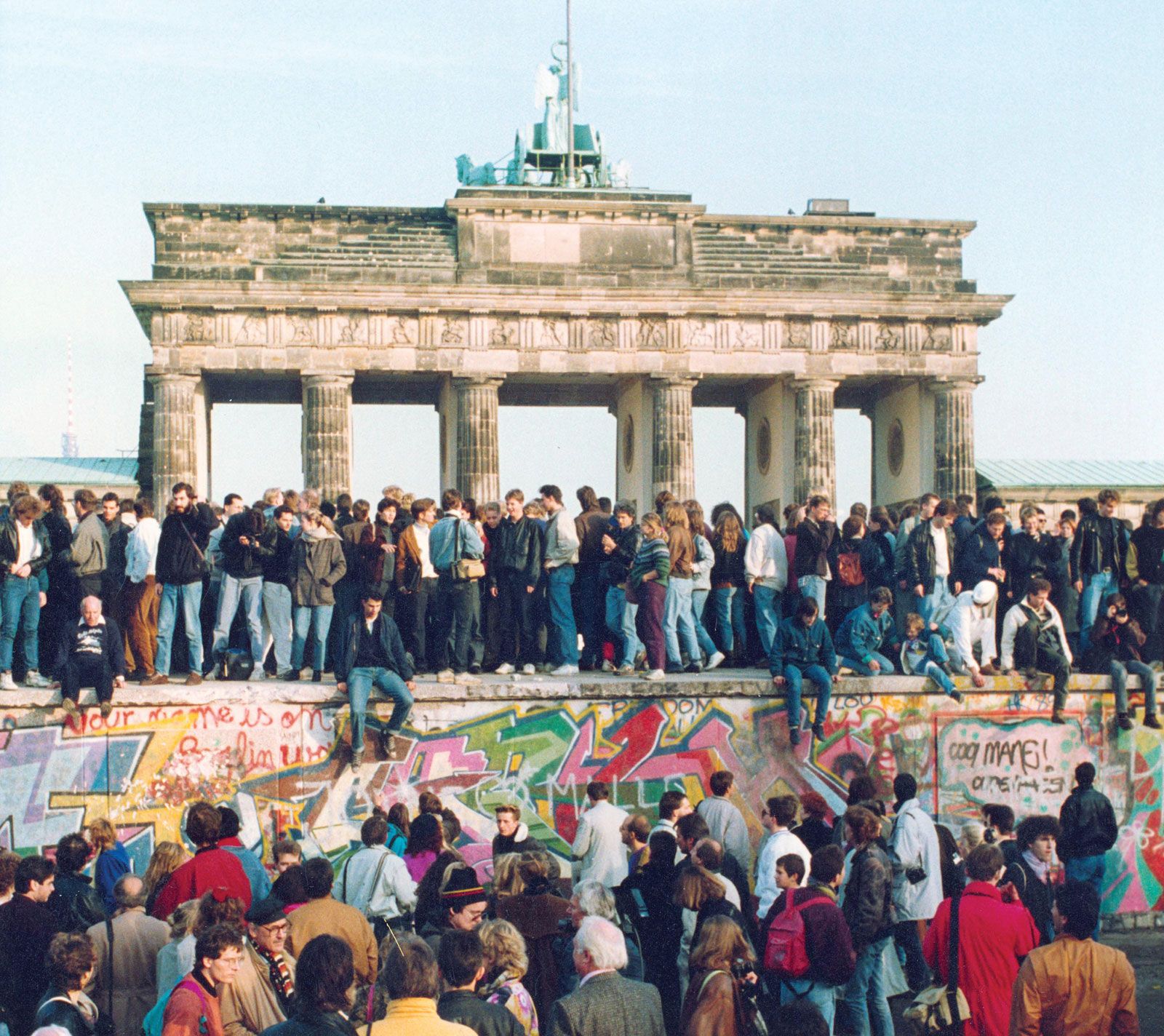In the annals of global history, the Cold War’s impact is etched indelibly, forging political and social changes that linger long after its dissolution. Amid the ashes of this intense international rivalry rose many transformative moments, not the least of which was the reunification of Germany. Born out of the Cold War aftermath, it marked a new era for Germany, Europe, and indeed, the world. Yet, each turn has taught us several lessons, fittingly encapsulated in the phrase, “What we have learned 30 years after the fall of the Berlin Wall” – lessons germane to understanding the modern world.
Consequences of the Soviet Union Collapse: Historical Geopolitical Shifts
At the heart of the Cold War stood two juggernauts – the Soviet Union and the United States. Their ideological combat spanned several decades, influencing many countries and drawing in nations worldwide. The Cold War era also saw significant technological advancements from space research to nuclear weapons development, separating the two superpowers.
However, the Soviet Union collapse in 1991 marked a shift with a magnitude that not only marked the end of the Cold War but also triggered historical geopolitical shifts around the world. Post-Cold War era saw a wave of democratization, and Eastern Europe emerged from under the Iron Curtain, paving the way for Eastern Bloc transformation.

